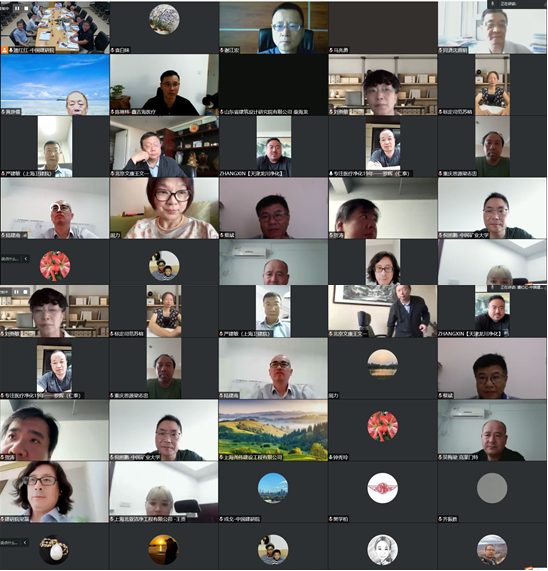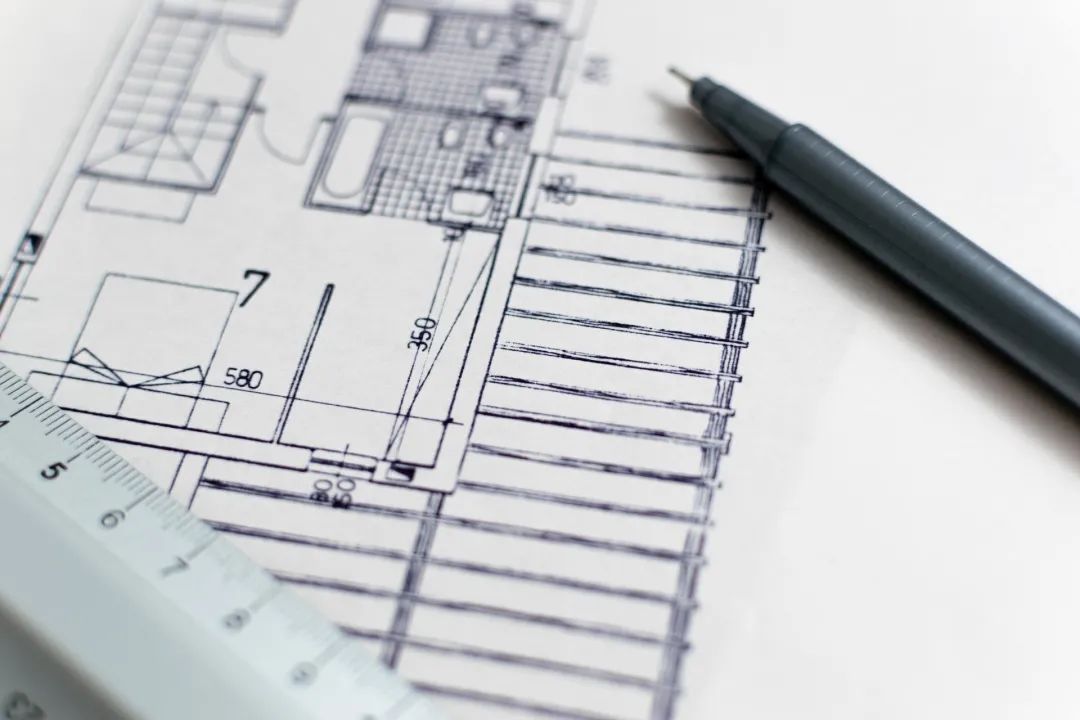
This Code will fully refer to relevant new/revised standards at home and abroad, absorb nearly ten years of practical experience, take “ensuring the health and safety of patients, medical staff and the environment” as the purpose, make scientific and reasonable revisions on the basis of extensive research and careful verification, and provide technical support to better meet the people’s needs for high-quality medical services and improve the level of medical engineering project construction in China.
The partial revision of the national standard Building Technical Code for Hospital Clean Operating Department (GB50333) was reviewed and approved by the Planning and Finance Department of the National Health Commission in 2021, and was reported to the Ministry of Housing and Urban Rural Development for approval and included in the 2022 Project Construction Code and Standard Preparation and Related Work Plan, which is required to be completed before December 2023.
Fan Surong, the director of the Department of Standards and Quotas of the Ministry of Housing and Urban Rural Development, the department in charge of standards, Liu Bin, the deputy director of the Institute of Standards and Quotas of the Ministry of Housing and Urban Rural Development, Qu Yiran, the fourth level investigator of the Planning Department of the National Health Commission, Zhang Tian, the cadre, Lu Bin, the vice president of the Environmental Energy Institute of China Academy of Building Sciences Co., Ltd., and from China Academy of Building Sciences Co., Ltd., Tongji University, the Hospital Building System Research Branch of China Hospital Association Representatives of more than 30 local revision drafting units, including Hainan Cancer Hospital, Shanghai Sanitary Building Design and Research Institute Co., Ltd., Tianjin Fire Research Institute of the Emergency Management Department, and the General Emergency Hospital, attended the meeting.
At the meeting, Director Fan Surong proposed the requirements for partial revision of the Code, emphasizing the connection and consistency between the Code and the current relevant national standards; Deputy Director Liu Bin proposed that we should carefully sort out and summarize the early implementation effect of the Code, do a good job in research, clarify the difficulties and key points of the revision, and improve the efficiency of the revision; Investigator Qu Yiran gave an overall introduction to the necessity of the revision of the Code and affirmed the early work achievements of the revision preparation team; Vice President Lu Bin thanked the Standards and Quota Department of the Ministry of Housing and Urban Rural Development and the Planning Department of the National Health Commission for their strong support for the revision of the Code, and requested the revision team to complete the revision work with quality and quantity guaranteed in strict accordance with the requirements of the competent department.
End can.
Subsequently, researcher Xu Zhonglin, the chief editor of the standard, and researcher Cao Guoqing, the deputy chief editor of the standard, reported the work outline and work plan for the revision of the Specification on behalf of the preparation team, and the experts at the meeting seriously discussed the research focus, work plan and division of labor for the revision of the Specification.
The meeting held that the partial revision of the Code has strong practical significance.
The guiding ideology of the revised work outline of the Specification is correct, the technical route is reasonable, the basic work is solid and rigorous, the content is detailed and scientific, and meets the relevant requirements of the revision of the construction standards of the Ministry of Housing and Urban Rural Development.
On September 14, 2022, the National Standard Building Technical Code for Hospital Clean Operating Department (hereinafter referred to as the “Code”) was partially revised and prepared, and the first working meeting was held in Beijing China Academy of Building Sciences in the form of online and offline combination.


